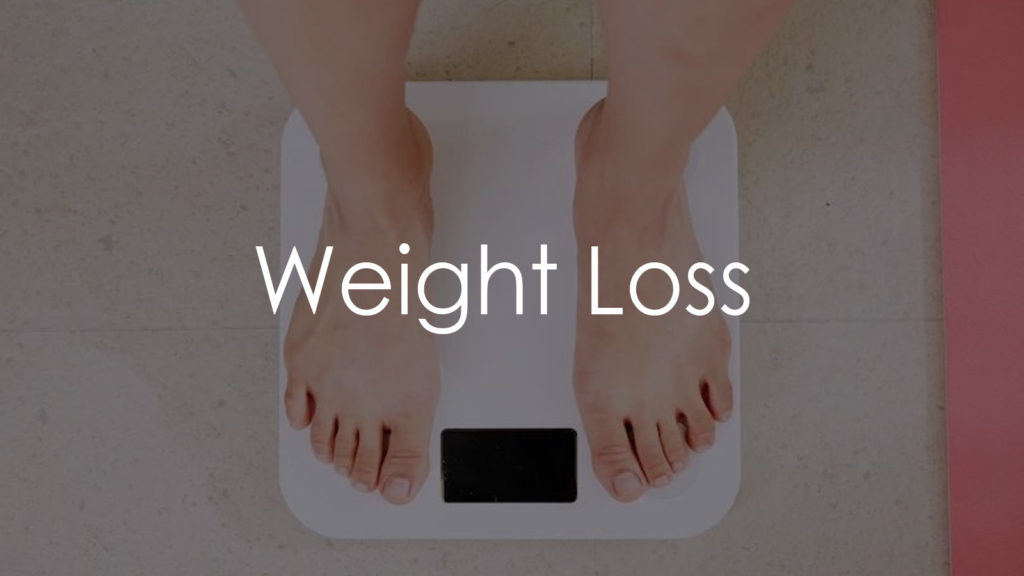Weight loss occurs when a person’s body weight decreases over time. While intentional weight loss through dieting and exercise is common and often beneficial, unintentional weight loss may be a sign of an underlying health issue. Distinguishing between healthy and concerning weight loss is crucial, as sudden or significant drops in weight without a clear reason can indicate a medical problem.

Causes and Possible Diseases
Unplanned weight loss can result from a variety of factors and conditions:
- Digestive System Disorders
- Conditions such as celiac disease, Crohn’s disease, peptic ulcers, and chronic pancreatitis can lead to weight loss due to malabsorption or decreased nutrient intake.
- Endocrine Disorders
- Hyperthyroidism, diabetes, and adrenal insufficiency are endocrine disorders that can cause weight loss by affecting metabolism or altering glucose and fat processing.
- Infections
- Chronic infections like tuberculosis, HIV/AIDS, and endocarditis can lead to significant weight loss.
- Cancer
- Various types of cancer can cause weight loss by altering metabolism or causing decreased appetite and increased energy expenditure.
- Psychiatric Conditions
- Depression, anxiety, and eating disorders such as anorexia nervosa and bulimia can lead to unintentional weight loss.
- Other Conditions
- Chronic obstructive pulmonary disease (COPD), congestive heart failure, and kidney disease are among other conditions that might lead to weight loss.
When to See a Doctor?
It’s important to consult a healthcare provider if you experience:
- Significant Weight Loss
- Losing more than 5% of your body weight within six to 12 months without trying.
- Accompanying Symptoms
- If weight loss is accompanied by other symptoms such as fatigue, loss of appetite, fever, or pain.
- Underlying Health Conditions
- Those with pre-existing health conditions noticing unexpected weight loss should see their doctor to rule out complications or the progression of their condition.
- Impact on Daily Life
- When weight loss affects your ability to carry out daily activities or significantly changes your quality of life.
- Concern and Anxiety
- Any concerns or anxieties about unintended weight loss are valid reasons to seek professional advice.
Prompt consultation with a healthcare professional is crucial for determining the cause of weight loss and implementing appropriate treatment strategies. Early diagnosis and management can significantly improve outcomes for many of the conditions associated with unintentional weight loss.
Diagnostics
The diagnostic process for unintentional weight loss typically involves several key steps to uncover the underlying cause:
- Medical History and Physical Examination
- A thorough discussion of the weight loss, including its onset, duration, and any associated symptoms. The healthcare provider will also review dietary habits, exercise routines, and any recent stressors or life changes.
- Laboratory Tests
- Blood tests to check for infections, hormonal imbalances, nutritional deficiencies, and markers of organ function.
- Tests for specific conditions, such as thyroid function tests for hyperthyroidism or blood glucose tests for diabetes.
- Imaging Studies
- Imaging tests like X-rays, CT scans, or MRIs may be conducted to look for signs of cancer, organ damage, or other internal issues that might be causing weight loss.
- Specialized Tests
- Depending on initial findings, more specialized tests may be needed, such as endoscopy for gastrointestinal issues or biopsies for suspected cancer.
- Psychological Evaluation
- If a mental health condition is suspected, a referral to a psychiatrist or psychologist for assessment and treatment may be appropriate.
Treatment
The treatment for unintentional weight loss depends on its underlying cause:
- Treating Underlying Conditions
- For digestive disorders, treatments may include dietary changes, medications, or surgery.
- Endocrine disorders like hyperthyroidism might require medication to regulate hormone levels.
- Infections typically need to be treated with antibiotics or antiviral medications.
- Nutritional Support
- Dietary counseling to ensure adequate nutrient intake and, if necessary, supplements to address specific deficiencies.
- Medications
- Adjusting or changing medications that may be causing weight loss as a side effect.
- Mental Health Treatment
- For conditions like depression or eating disorders, therapy, counseling, and sometimes medications are essential components of treatment.
- Cancer Treatment
- Depending on the type and stage, treatments may include surgery, chemotherapy, radiation therapy, or targeted therapies.
Conclusion
Unintentional weight loss can be a sign of various underlying health issues, ranging from manageable conditions to more serious diseases. Identifying the cause through a detailed diagnostic process is crucial for implementing the appropriate treatment. Addressing the underlying condition often stabilizes the weight loss, and in some cases, may lead to weight gain or a return to the individual’s baseline weight.
Recognizing when to seek medical advice for unintentional weight loss is key to ensuring timely and effective treatment. Early intervention and tailored treatment plans can significantly improve health outcomes and quality of life for individuals experiencing unexplained weight loss. Remember, taking proactive steps towards understanding and managing your health is vital in maintaining well-being and preventing potential complications.